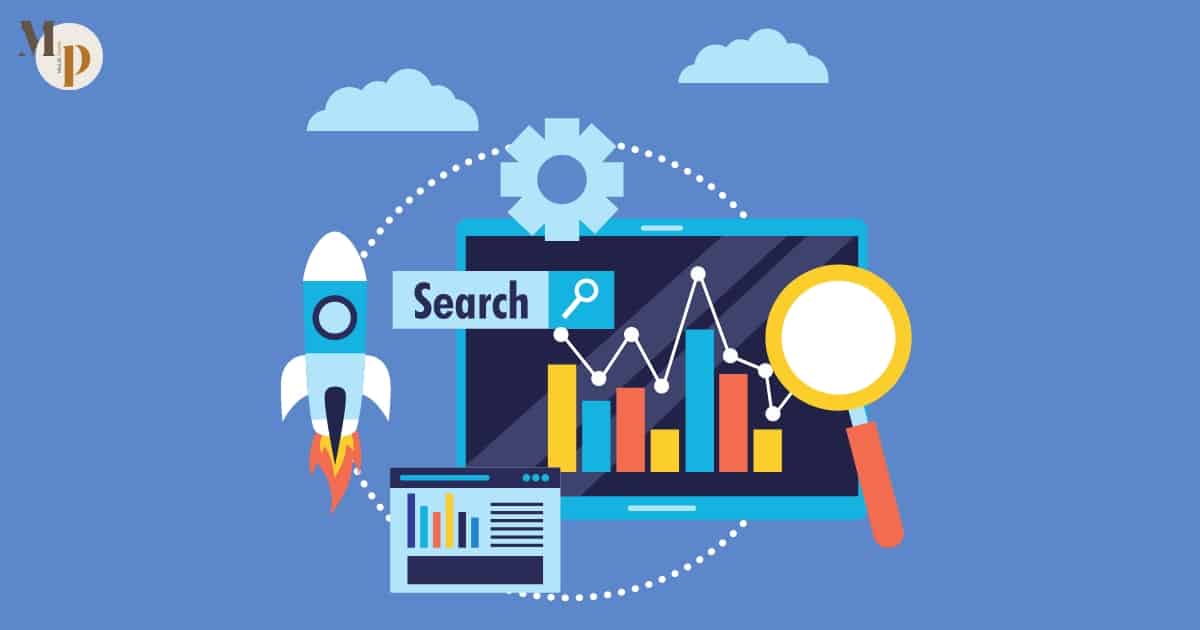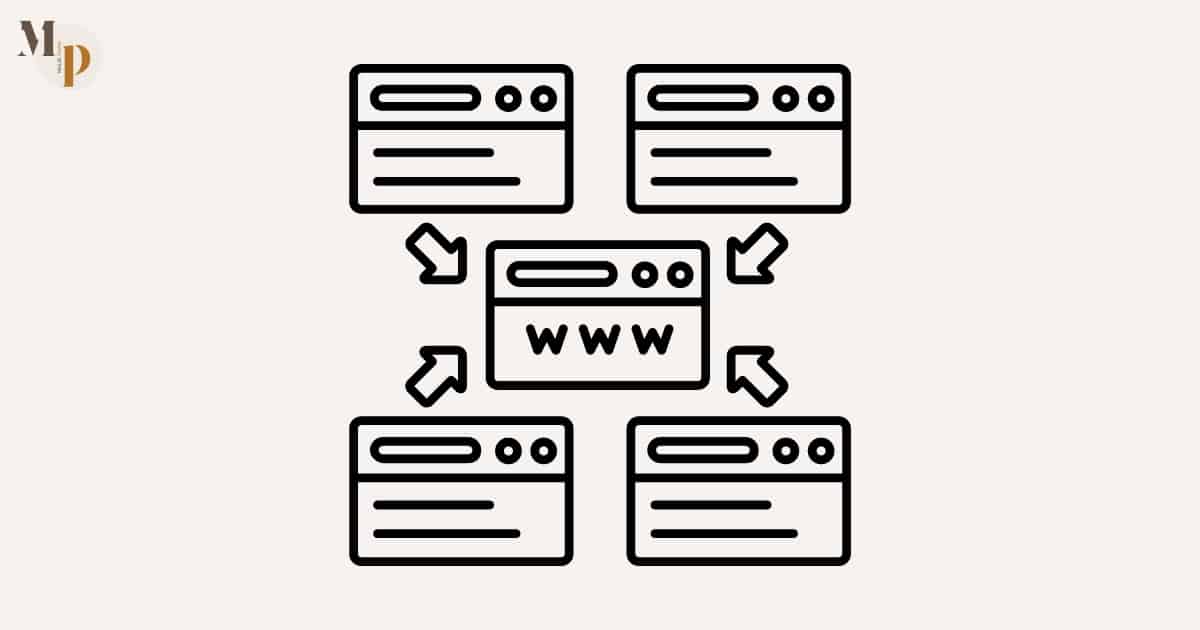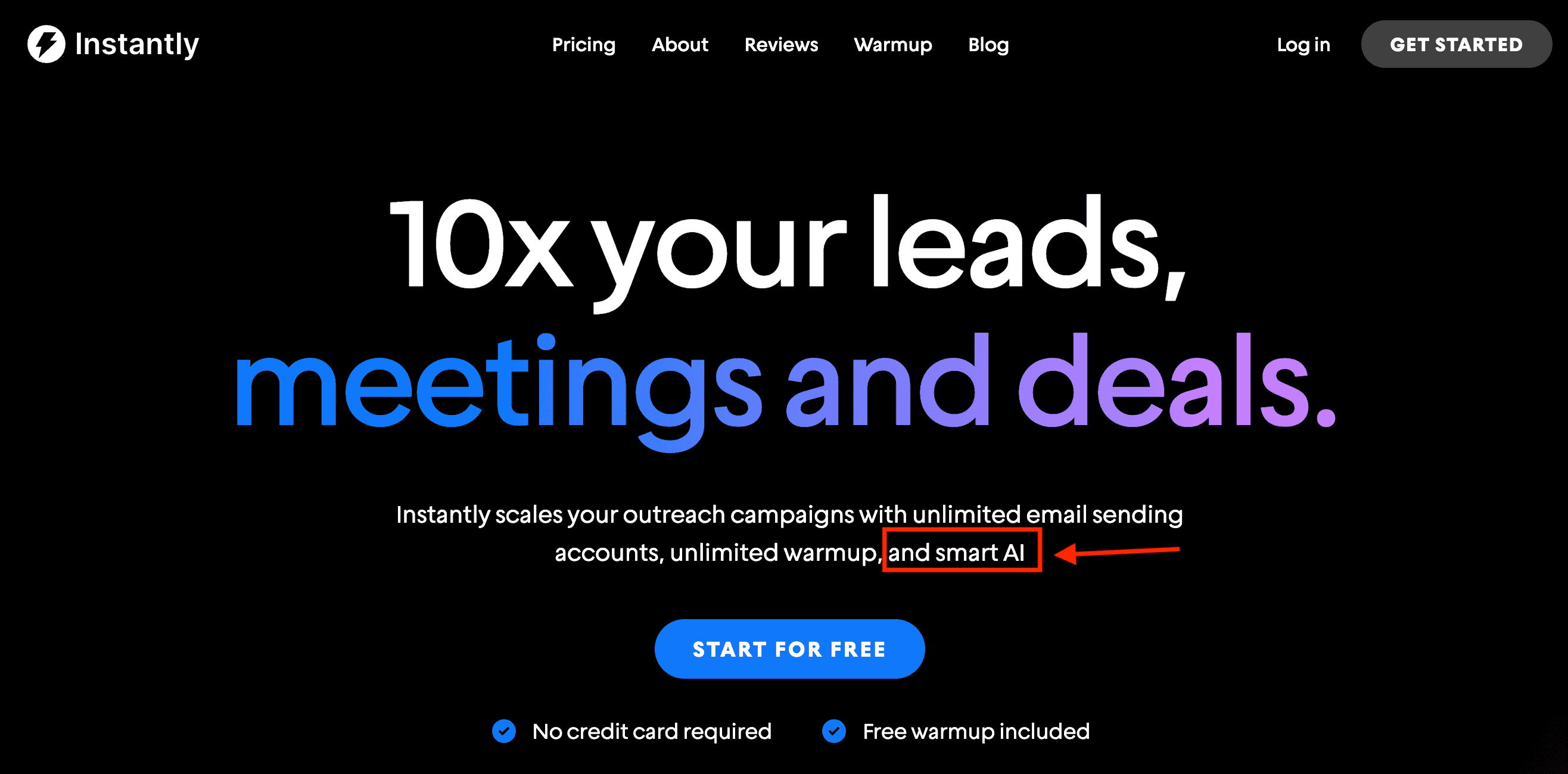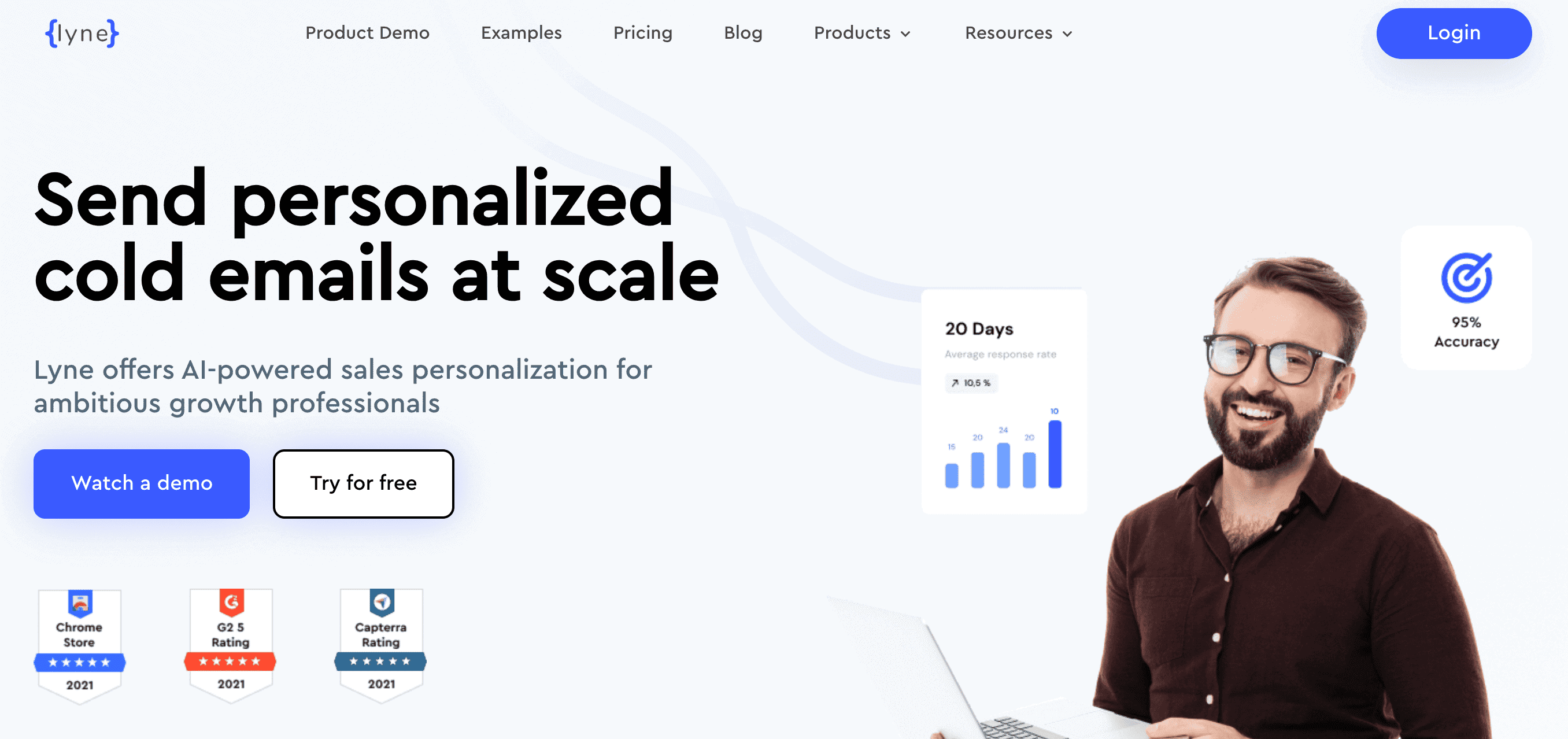Have you been hearing the buzz about AI and its potential to take over the SEO world? Well, let's dive right into it and explore the fascinating question: "Will AI replace SEO?"
I can agree that AI has made significant waves in the marketing landscape. Especially with the birth of numerous AI tools like ChatGPT and Claude, the possibilities seem endless.
And I'm here to shed some light on what the future holds.
In this article, I'll provide you with insights and clarity about the relationship between AI and SEO. Trust me, you won't want to miss this!
We'll dive into the impact of AI-powered algorithms and chatbot technologies on SEO content marketing strategies.
Let's dive in!
Will AI replace SEO?
No, AI will not completely replace SEO. Instead, AI may only partially replace certain aspects of SEO and will revolutionize and enhance the way we approach search engine optimization. AI algorithms and AI tools can greatly assist marketers in optimizing content, analyzing data, and improving user experiences, but the human touch and expertise in SEO strategy development remain essential.
Pros And Cons Of Traditional SEO
Traditional SEO practices have been the cornerstone of digital marketing for years, but it's important to understand the pros and cons they bring to the table.
Pros
Cons
ConClusion
While traditional SEO has its advantages, it's essential to consider newer strategies and approaches to complement and enhance your overall digital marketing efforts. By combining traditional SEO practices with innovative techniques and technologies, businesses can stay ahead in the competitive online landscape.
The Role of AI in SEO

When it comes to AI and SEO, there is a growing debate about whether they are competitors or collaborators in the digital landscape.
Let's explore the potential of AI to enhance SEO practices while considering the unique value of human expertise in SEO strategy development.
1. AI-powered search algorithms
AI has revolutionized the way search engines work, especially when it comes to their algorithms. Modern search engines heavily rely on artificial intelligence to deliver the most relevant and accurate search results.

With the power of AI, search engines are now able to understand the content of web pages in a more sophisticated manner.
They can interpret search queries expressed in natural language, allowing them to grasp the intent behind the user's query and provide more precise results.
AI-driven algorithms evaluate various factors like:
- Keywords
- Content quality
- User experience
And more to determine the best possible results.
It's truly fascinating how AI technologies like machine learning, deep learning, and natural language processing work harmoniously to analyze vast amounts of data, identify patterns, and make predictions.
Thanks to these advancements, search engines have become smarter, more efficient, and better equipped to help us find the information we need in an increasingly complex online landscape.
2. AI-driven content optimization
Although Google has claimed that they don't care if your content is written by AI or not, as long as it's helpful and provides value to the readers, there are still debates about whether we should use AI for content creation.

Yes, AI-driven content optimization makes content creation easier and more effective, and if you do it right, AI can significantly boost your visibility and reach.
In fact, using
With the emergence of advanced AI SEO tools and technologies, businesses now have powerful allies in their quest for better search rankings and user engagement.
AI tools excel in various aspects of content optimization, from keyword research (ex: Copy.ai) to content creation (ex: ChatGPT).
They analyze vast amounts of data, identify relevant keywords with high search volumes, and provide valuable insights to help businesses craft highly SEO-optimized content.
However, it's also important to strike a balance between content generated by artificial intelligence and traditional SEO techniques to ensure that your content not only ranks well in search engines but also resonates with your target audience.
A human perspective adds:
- Personal touch
- Storytelling elements
- Emotional appeal
...that resonate with your audience.
Remember, AI is an assistant, not a replacement for human creativity. By combining the power of AI-driven content optimization with human insights, you can strike a balance that delivers compelling, impactful, and high-quality content.
One of my favorite methods to evaluate AI-generated content is using the C-R-A-F-T formula.
The C-R-A-F-T formula provides a framework for assessing the quality and effectiveness of content generated by AI.
It stands for:
- C: Cut the fluff
- R: Review, edit, and optimize for both search engines and humans
- A: Add images, visuals, stats, and charts to increase engagement
- F: Fact check (My favorite tool for this step is perplexity.ai)
- T: Build trust in your content by adding your personal writing tone&style and building backlinks
This is the formula I learned from my favorite multiple 7-figure blogger, Adam Enfroy. I am also a student in his BGE online course.
All in all, by embracing the strengths of AI and infusing it with human creativity, you can create content and update old content that not only performs well in search results but also resonates deeply with your audience, building trust and fostering meaningful connections.
3. AI and Backlink Outreach for Off-page SEO

When it comes to off-page SEO, AI is revolutionizing the way we approach backlink outreach.
With the help of AI-powered systems, we can now streamline the process of sending personalized outreach emails for collaboration, follow-ups, and reminders, leading to increased response rates and better results.
For instance, tools like Instantly.ai provide an automation platform for sending and managing email outreach campaigns. It can automatically send cold emails and follow-ups at the scheduled time. Additionally, it can track important metrics such as open rate, response rate, and bounce rate.

These features can significantly enhance your email outreach strategy and improve the overall performance of your campaign.
Additionally, using AI email assistant tools like Lyne.ai, you can automate the personalized first-line generating process without spending hours doing extra research on your leads.

This personalized touch can significantly increase the response rate and establish a genuine connection with the recipient.
As you can see, AI is changing how we do off-page SEO, making it easier to reach out to others for collaborations and partnerships. With AI tools, we can save time, be more productive, and get better results when reaching out for backlinks.
SEO's Human Touch and Creative Aspects
While AI offers impressive capabilities, it's crucial to recognize the value of human expertise in SEO strategy development.
Effective SEO strategy is not just about technical optimization but also requires a creative and intuitive understanding of search intent and context.
Human SEO professionals bring their experience and judgment to the table, allowing them to tailor strategies that resonate with the target audience.
AI, despite its advancements, still has limitations in understanding the nuances of human behavior and context.
It may struggle to capture the intricacies of language, cultural references, and subtle user preferences. This is where the human touch becomes invaluable in crafting compelling content and engaging user experiences.
The Future of SEO in an AI-driven World
As AI continues to advance, the integration of AI and SEO becomes increasingly important.
Marketers must adapt to the changing landscape and leverage AI tools and technologies to stay competitive. Furthermore, marketers need to strike a balance between utilizing AI-driven insights and leveraging human creativity.
By combining the power of AI with human expertise, businesses can develop holistic SEO strategies that deliver exceptional results.
Frequently Asked Questions
Some fields that are less likely to be replaced by AI include those that require creativity, emotional intelligence, and physical dexterity, such as art, design, healthcare, and hospitality.
It is unlikely that OpenAI will completely replace Google, as they serve different purposes. OpenAI is focused on developing artificial intelligence technology, while Google is a search engine that uses AI to improve its results.
Yes, SEO is constantly evolving as search engines like Google update their algorithms and user behavior changes. Staying up-to-date with the latest SEO best practices is crucial for maintaining and improving search rankings.
Yes, SEO is a long-term investment that requires consistent effort and patience. It can take months or even years to see significant results, but the benefits of a strong SEO strategy can be long-lasting.
SEO is getting harder because search engines are becoming more sophisticated and demanding, and competition for top search rankings is increasing. Additionally, the rise of voice search and mobile optimization has added new challenges to SEO strategies.
Final Thoughts
In conclusion, AI and SEO are not necessarily competitors but rather collaborators that can work together to achieve optimal results. Hopefully, this helps you find the answer to the question "Will AI replace SEO?"
Embracing the potential of AI while recognizing the value of the human touch is the key to success in the evolving digital landscape.
By staying informed, adapting to emerging trends, and embracing collaboration, marketers can navigate the AI era and unlock new opportunities for growth.
